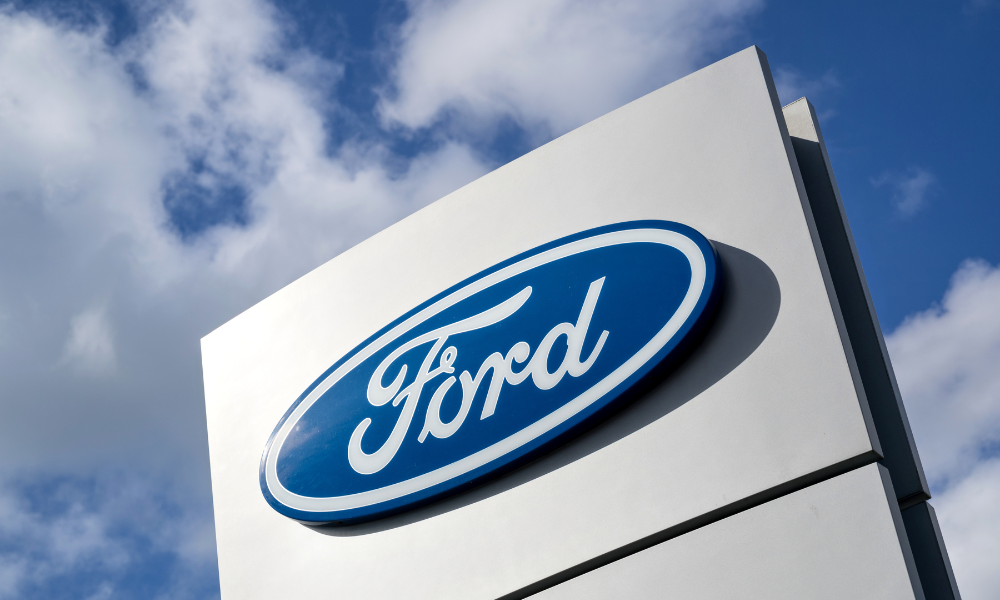
Job cuts come as global auto industry experiences 'period of disruption'

Automobile manufacturer Ford will be shedding 4,000 jobs across Europe over the next three years amid unprecedented headwinds in the region, according to reports.
The cuts are expected to impact 2,900 jobs in Germany and 800 jobs in the United Kingdom, The Guardian reported.
These are equivalent to around 14% of the carmaker's overall 28,000 workforce in Europe, with the cuts to be felt across product development and administrative areas such as finance, human resources, and government affairs.
Ford said the cuts will be carried out in a three-year period and are expected to conclude by the end of 2027, pending consultation with labour unions.
A spokesperson from the UK government told The Guardian that the move will be a "concerning time for workers at Ford UK and their families."
"While this is a Europe-wide decision taken for commercial reasons, we have asked the company to urgently share its full plans so we can help mitigate the impact in the UK," the spokesperson told The Guardian.
"We have a longstanding partnership with Ford and will continue to work closely with them on their manufacturing future in the UK."
The job cuts come as the global auto industry sees a "period of disruption," according to Ford, as reported by CNN.
The carmaker said the European auto industry is facing unprecedented competitive, regulatory, and economic headwinds.
"It is critical to take difficult but decisive action to ensure Ford's future competitiveness in Europe," said Dave Johnston, Ford's European vice-president for transformation and partnerships, as quoted by CNN.
John Lawler, chief financial officer at Ford, recently penned a letter to the German government to seek assistance on their concerns for the region.
"What we lack in Europe and Germany is an unmistakable, clear policy agenda to advance e-mobility, such as public investments in charging infrastructure, meaningful incentives to help consumers make the shift to electrified vehicles, improving cost competitiveness for manufacturers, and greater flexibility in meeting CO2 compliance targets," Lawler said as quoted by CNN.